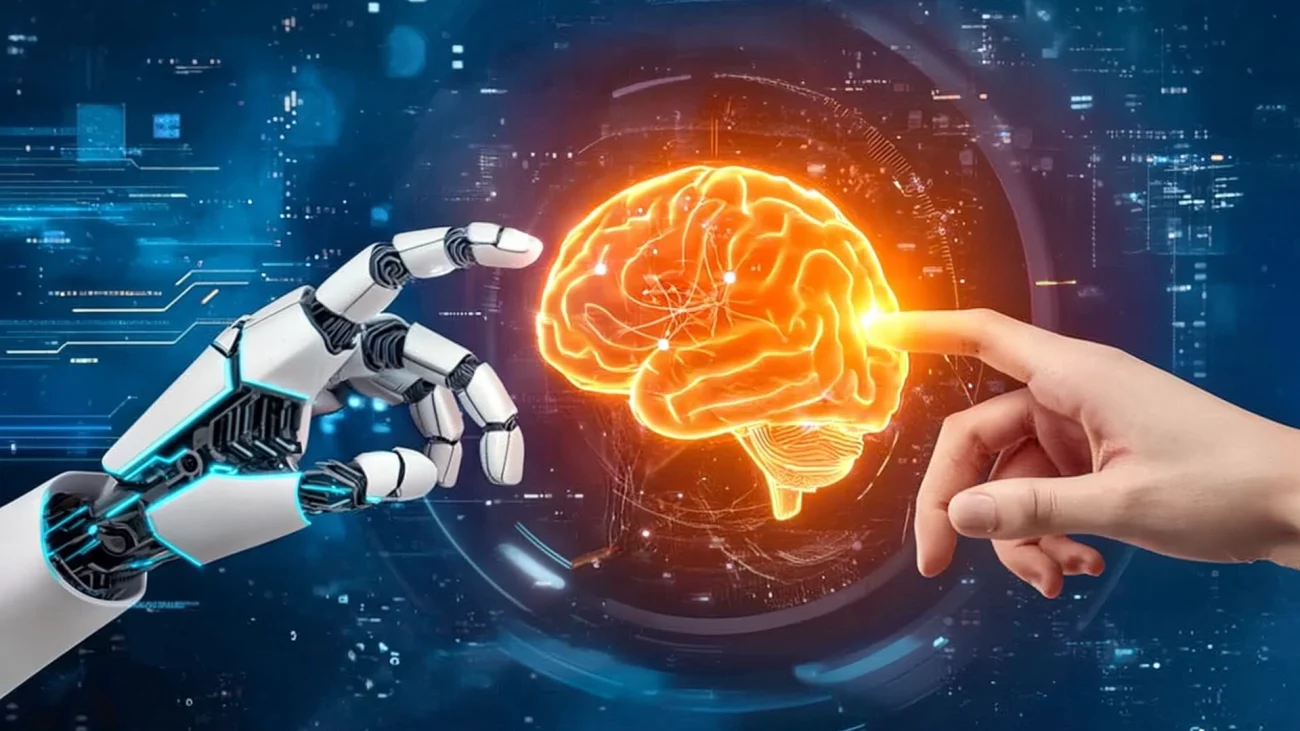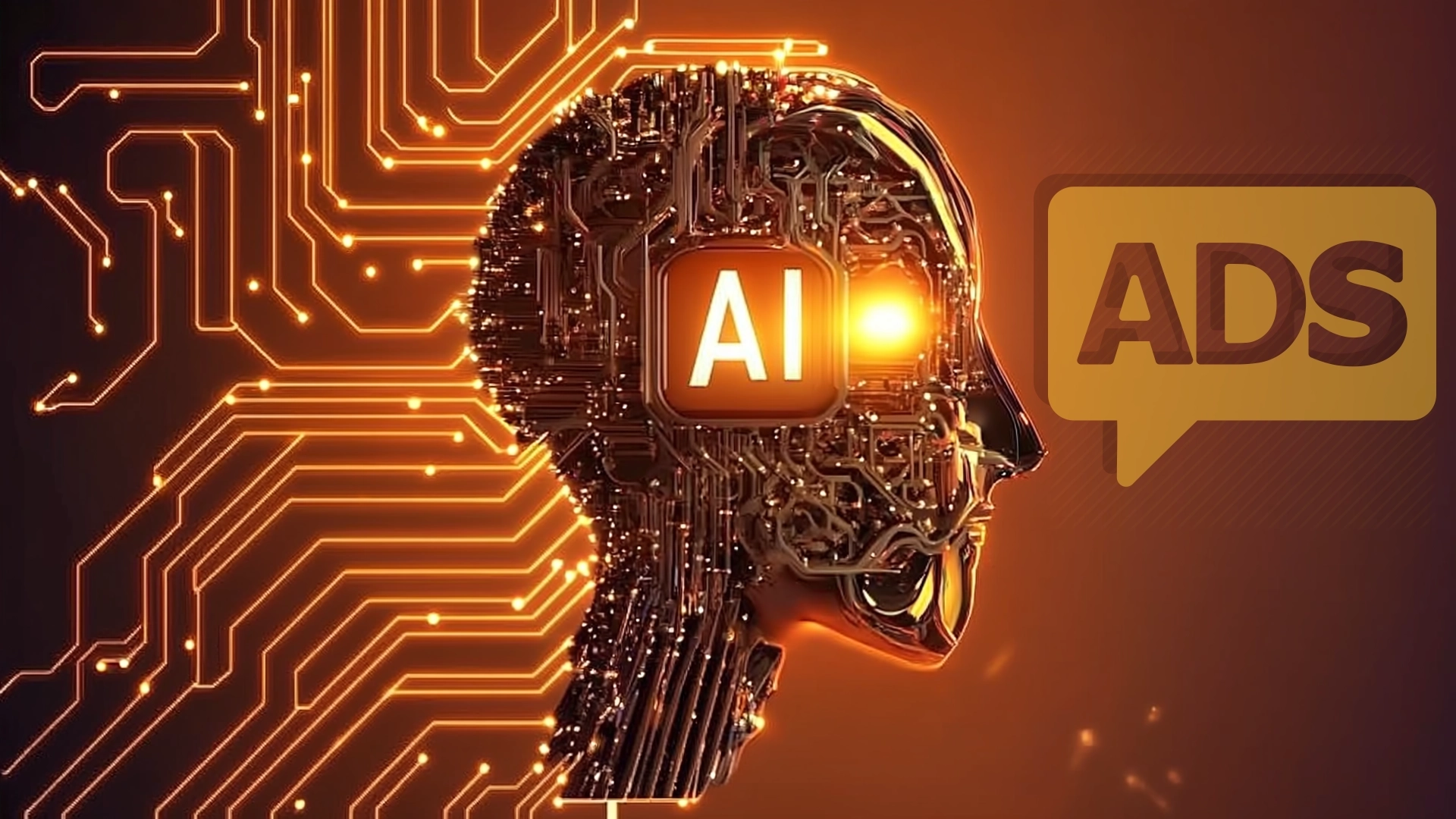Until a few years ago, marketers mostly made decisions based on guesses and personal experience. But today, with the arrival of Artificial Intelligence in marketing and advertising, everything has changed. From analyzing customer behavior to creating targeted content and optimizing advertising campaigns, AI has made decisions faster, more accurate, and more effective than ever before. This technology not only analyzes data better than any human, but also helps brands predict user behavior, delivering the right message to the right audience at the right time. This is the key to success in today’s competitive world.
How Has AI Transformed Marketing and Advertising?
With the entry of AI into the world of marketing, many human decisions have become smarter and more precise. In the past, marketers mostly relied on trial and error and personal experience. However, today, machine learning algorithms and data analysis have revolutionized the decision-making process.
With the help of AI algorithms, brands can predict customer behavior, optimize advertising campaigns, and create content that aligns perfectly with the needs and interests of each individual audience member.
For example, AI can analyze users’ search history to identify their interests and display ads that are more likely to be clicked or purchased. This means advertising is smarter, more targeted, and more profitable than ever.
In addition, AI-based tools like chatbots, automated email marketing systems, and sentiment analysis of customers on social media have allowed brands to create a closer, more personalized interaction with their audiences.
This interaction not only increases conversion rates but also strengthens customer loyalty.
Imagine having a force that not only has an exceptional understanding of the product but also knows all the questions customers might ask and their answers. Now, what if you had thousands of copies of this force? How would your business change?

Benefits of Using AI in Marketing and Advertising
Improved Customer Experience and Increased Loyalty
Combining behavioral data with AI algorithms enables brands to provide the right response to user needs in real-time. For example, sending purchase suggestions at the optimal moment.
More Accurate Targeting of Customers
AI identifies target audiences with high precision by analyzing behavioral data, age, location, and user interests. This means that ads are shown only to people who are more likely to make a purchase.
Time and Cost Savings
Automation of processes such as post publishing, email marketing, or campaign analysis frees up the marketing team’s time to focus on brainstorming and ideation.
Smart and Personalized Content Creation
Natural Language Generation (NLG) algorithms can create content tailored to the needs and tone of each individual audience. This way, each customer feels that the brand truly understands them.
Sentiment Analysis and Audience Feedback
AI analyzes comments, messages, and posts on social media to gauge users’ feelings toward the brand, helping the marketing team make more informed decisions.
Key AI Technologies in Marketing
Machine Learning (ML)
Helps marketers uncover trends and customer behavior patterns through data analysis, allowing for more accurate decision-making.
Natural Language Processing (NLP)
This technology understands text content and is used in social listening, chatbots, and sentiment analysis of customers.
Semantic Search
Helps search engines understand the real meaning behind words and display more relevant content to users.
Neural Networks and Deep Learning
These technologies mimic the structure of the human brain, enabling advertising systems to predict user behavior with extremely high accuracy.

Sentiment Analysis
By analyzing social media data, it detects users’ opinions about a brand or product and assigns a positive or negative score to it.

AI Tools in Marketing and Advertising
- ChatGPT and Jasper AI: For generating text and advertising content
- Albert and Adext: For automated ad optimization
- Optimizely: For A/B testing and improving conversion rates
- Google Analytics and HubSpot: For data analysis and user behavior tracking
The Future of Advertising with AI
In the near future, advertising will be entirely dynamic, personalized, and based on user sentiment. AI will be able to suggest what the user needs before they even know it themselves. Brands that adopt this technology early will have a larger share of the market.

Conclusion
Artificial Intelligence has not only changed the way advertising and marketing work, but it has also transformed how brands communicate with their audiences. The combination of data, creativity, and intelligent algorithms has made today’s marketing not just about sales, but about a deeper understanding of people. The Mediafi multimedia team, leveraging cutting-edge technologies and AI tools, is ready to design effective and targeted advertising campaigns for your brand.
